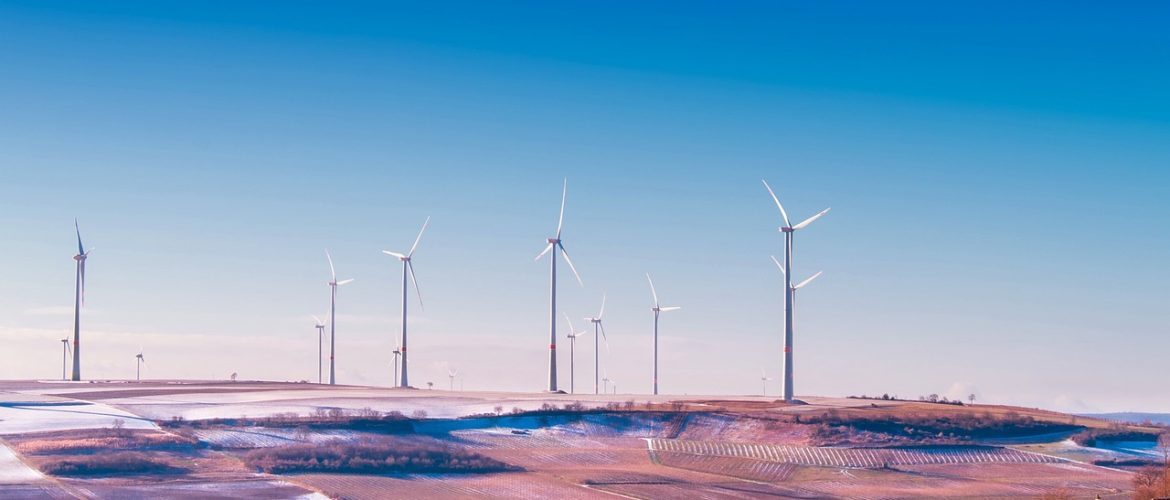Nikos Mantzaris spoke about the new revised National Energy and Climate Plan (NECP) on Thanasis Georgakopoulos’ “Magnifications” show on ERT radio.
He first explained that the main reason which dictated the revision of the NECP, just three years after the completion of the current plan, is the great increase in climate ambition, which is reflected in the new EU and national climate targets to reduce net greenhouse gas emissions by at least 55% in 2030 compared to 1990 levels.
Positives of the revised plan, presented to the NECP Committee on Monday 16 January, include the large increase in the share of renewables (RES) from 35% to 45% of the gross final energy consumption and from 61% to 80% in the gross final electricity consumption in 2030, as well as the emphasis on electricity storage with 9.3 GW of new storage capacity of various technologies. He stressed, however, that a prerequisite for realising the 80% target in the electricity sector is the construction of new grids.
In responding to a question regarding the mix of renewables in electricity generation in the new NECP, and the shift from onshore wind to mainly photovoltaics, and offshore wind, he underlined the need for a Plan B with more onshore wind, especially if the implementation of such ambitious targets for the installation of 2.7 GW of offshore wind does not proceed at the pace envisaged in the NECP, and stressed the great importance of their proper siting.
Nikos Mantzaris also characterized the 6.9 GW brake places on plans for new fossil gas plants as a positive development in principle, since, at this capacity in 2030, existing gas plants will have to be withdrawn in order for the new gas plants that are currently under construction to operate. However, he stressed that the reduction in gas consumption by 2030 of around 43% compared to 2020 levels set in the new NECP is well below the corresponding -64% target set by the EU’s REPowerEU plan to address the energy crisis. He further commented on the characteristics which offer Greece greater potential to reduce gas consumption by 2030 than the corresponding target set in the new NECP.
On the negative side of the new NECP, he emphasized the low energy efficiency improvement target by only 6% in 2030 compared to the 2020 projections, while the corresponding EU target cuurently under negotiation, ranges between 9% and 14.5%, reflecting the fact that the EU considers increasing energy efficiency a central pillar in shielding citizens and the European economy against the ongoing energy crisis.
The interview of Nikos Mantzaris with Thanasis Georgakopoulos was held on January 20, 2023. You can listen to the full interview here (in Greek):



















































































































































































































































































































